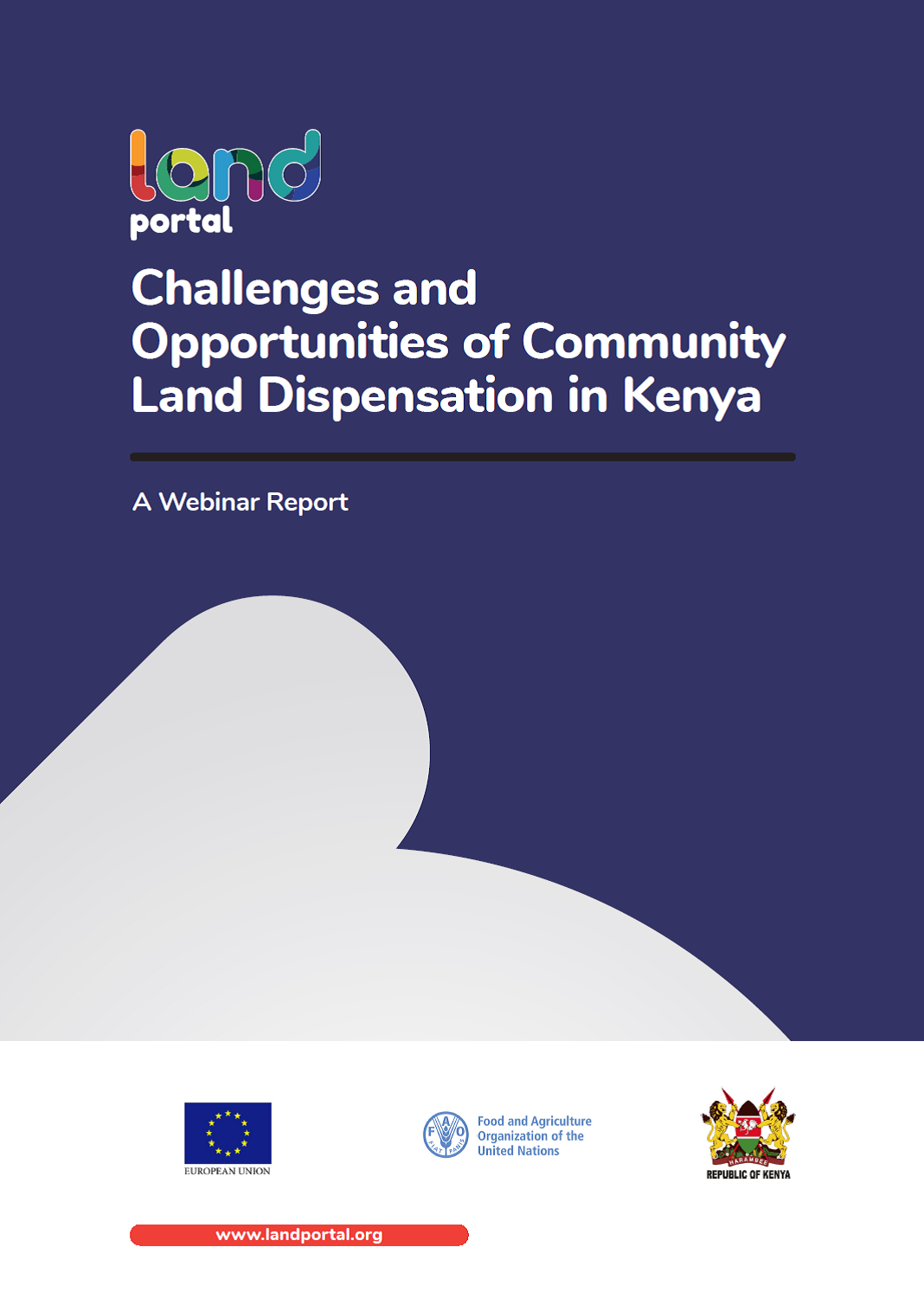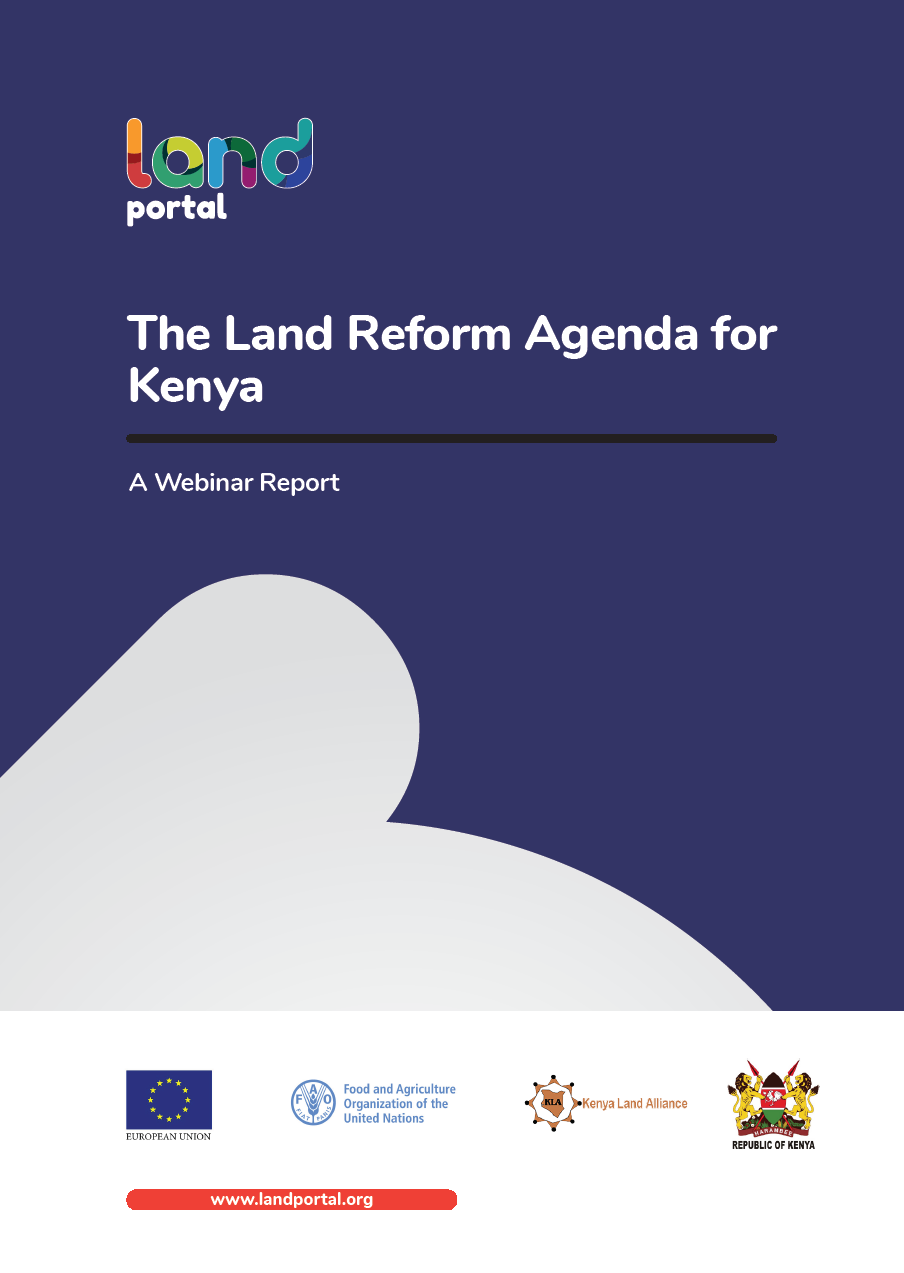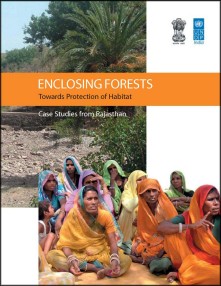Applying Ostrom’s institutional analysis and development framework to soil and water conservation activities in north-western Ethiopia
Sustainable land management is of utmost importance in Ethiopia and relies on Soil and Water Conservation (SWC) measures collectively implemented by smallholders through participatory processes. This paper contributes systematic evidence on how SWC strategies are implemented and how participation is operationalized.









